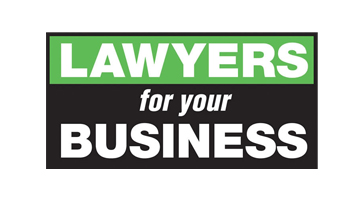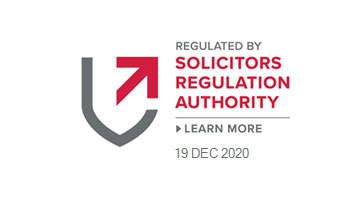Exercising a break clause will allow you to end a lease before the expiry of the contractual term. However, to exercise this effectively, a break notice must be served in compliance with the lease terms, and any conditions to the break must be complied with. These are the key points to consider:
- Is it a fixed break date or a rolling break clause?
A break clause is often drafted to be exercisable on one or more fixed dates throughout the term of the lease. However, it may also be drafted as a rolling break clause, meaning it can be exercised at any point on a particular period of notice. If your lease contains fixed break dates, it is essential to ensure that the break notice is served correctly and that all conditions of the break have been complied with to avoid losing the opportunity to end your lease early.
- How to exercise a break right?
You will need to serve a break notice on the landlord to exercise the break in accordance with the terms of the lease. The correct notice period must be given and should comply with the notice provisions in your lease. It is important to begin preparing to serve your break notice well in advance of the break date and our Team at Onyx Solicitors can assist with the service of break notices.
- What break conditions need to be complied with?
There will likely be conditions to be complied with for a break notice to be valid. The most common examples are:
- Vacant possession may need to be given or the property may need to be returned free from occupation. It is important to check the wording of the lease as the obligation to give “vacant possession” is more onerous than returning the property free of occupation.
- Monies being paid up to the break date. It is important to check what monies the lease refers to as this may be limited to the annual rent but could also include other payments such as:
- insurance rent and
- service charge (including any Value Added Tax).
All sums should be paid as if you were not terminating the lease, including for the period after the break date, and you should request in writing confirmation from the landlord of any sums which are due in case these have not yet been demanded. A landlord will not be obliged to assist you in working out what you need to pay so you need to undertake a thorough review of historic payments to ensure there are no arrears and, if necessary, pay any late interest that might be owed. The lease sometimes includes a clause requiring the landlord to refund any sums paid for the period after the break date within a certain period, although for payments such as a service charge this will usually be after any reconciliation is carried out.
Break conditions will be interpreted strictly, with even a minor default being enough to frustrate a break. You should therefore plan carefully and seek advice well in advance of the break date (and preferably before you even decide to exercise the break option) to ensure that you know exactly what you need to do to comply with the conditions.
If you need advice on your rights under a break clause or need assistance in serving a break notice please contact our specialist team here at Onyx Solicitors, on 0121 268 3208 or email us at info@onyxsolicitors.com with your query.





